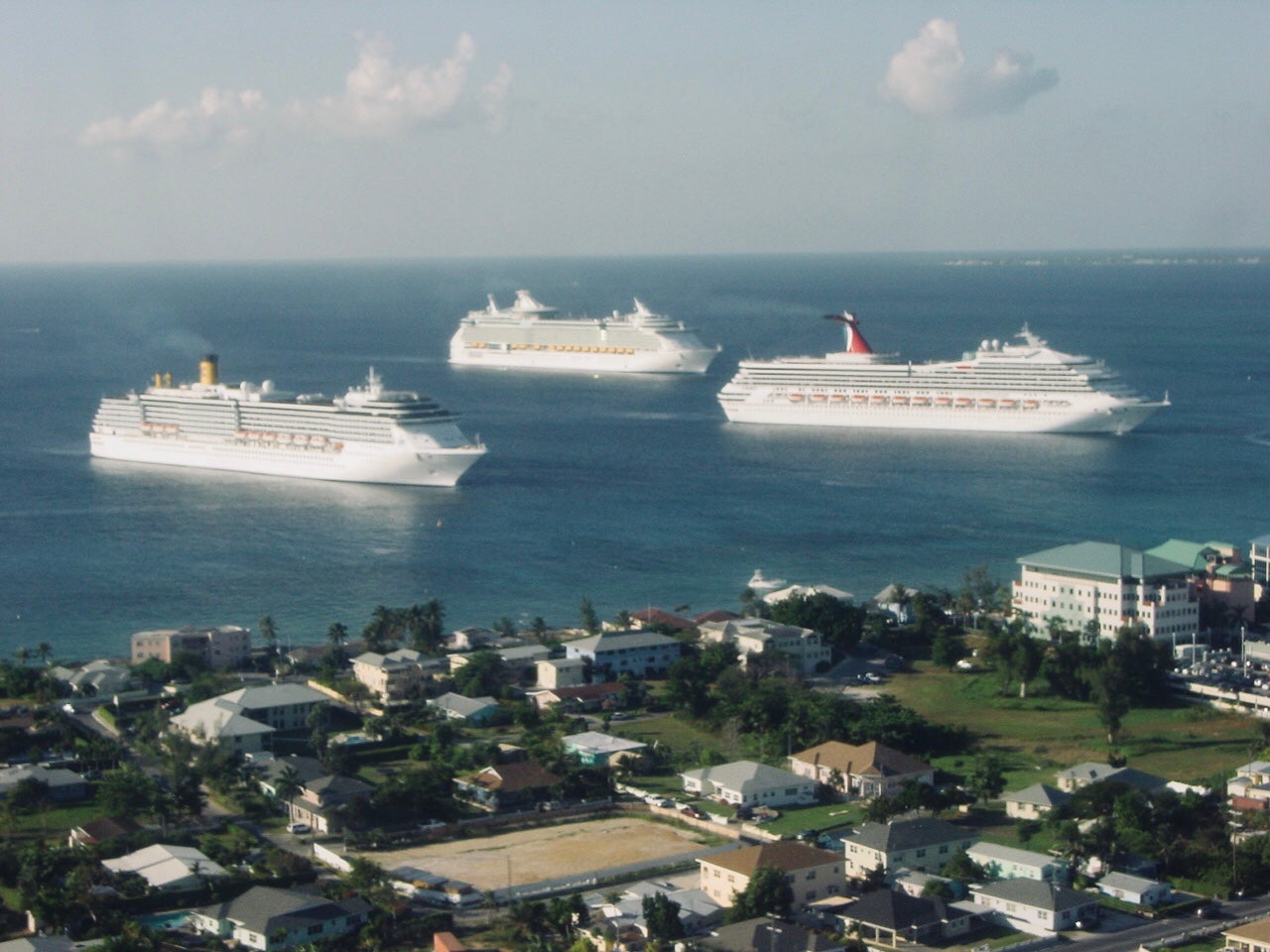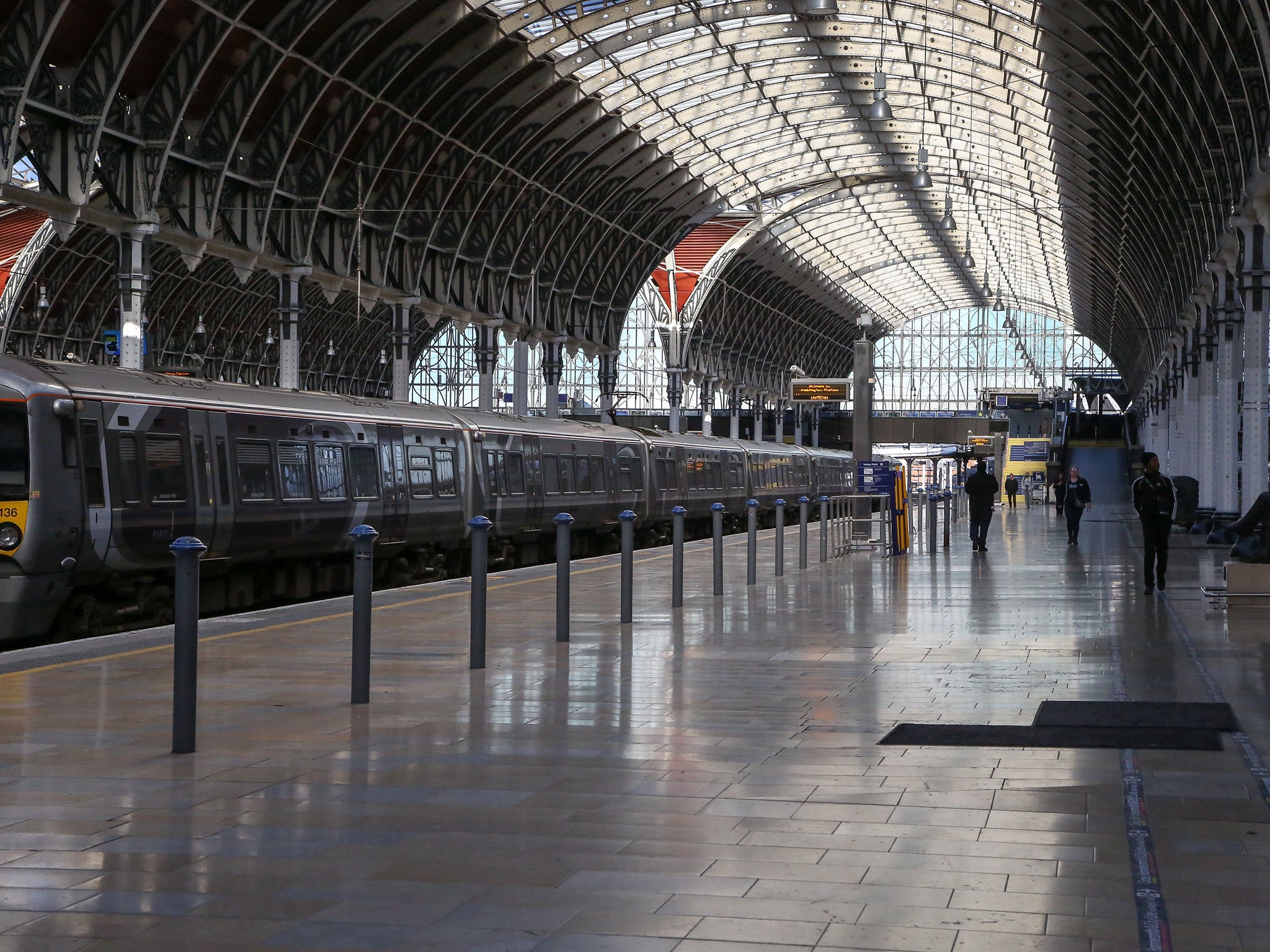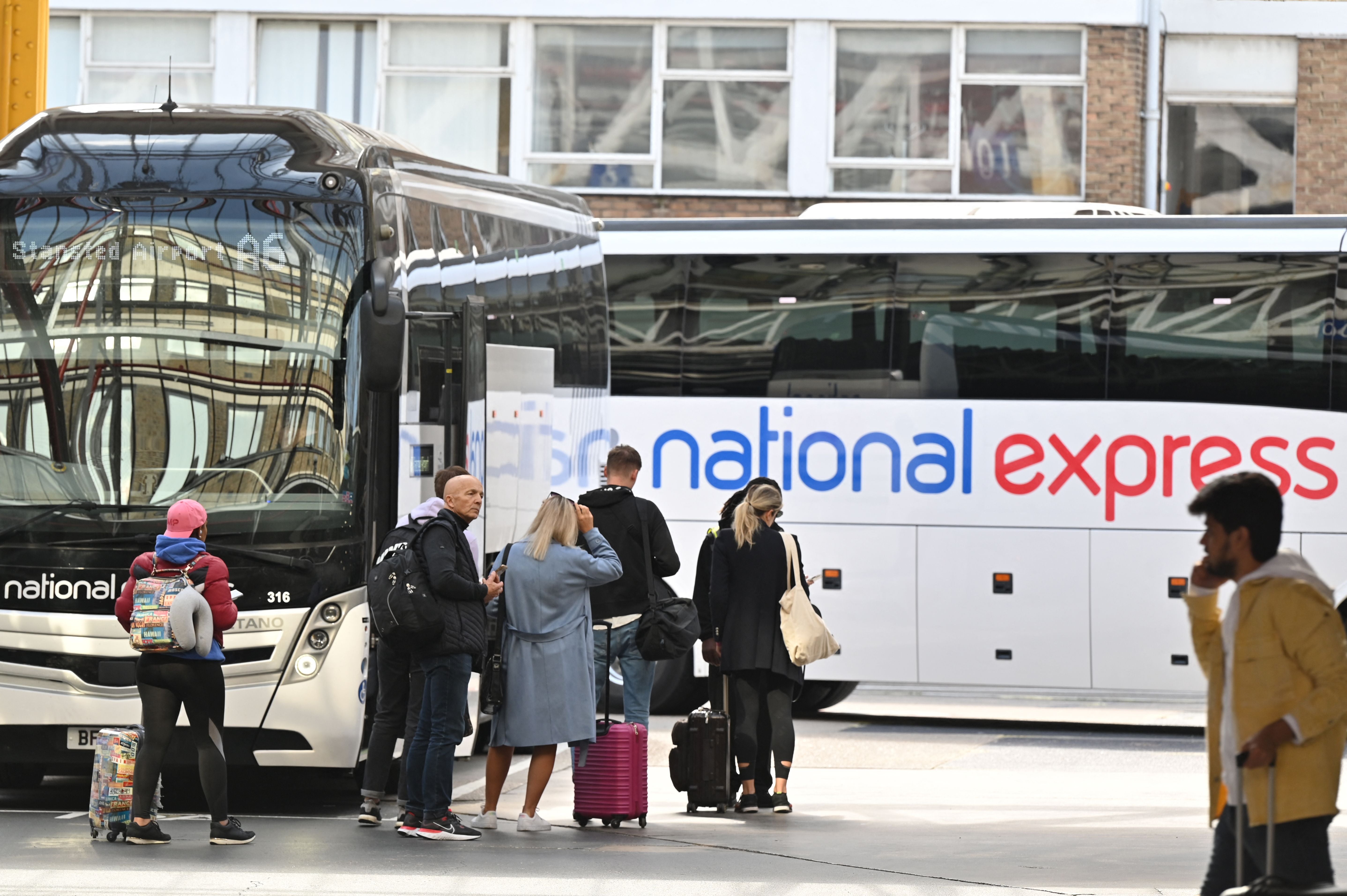Can I go on a Caribbean cruise if I don’t have a Covid vaccination?
Simon Calder answers your questions on Covid rules, bus prices, travel to Libya and more


Q Can I go on a Caribbean cruise if I have not been Covid-vaccinated?
Caz
A lt all depends. Sorry if that’s not helpful, but the rules vary across cruise lines and the destinations en route. P&O Cruises says: “All guests aged 18 years and over need to be fully vaccinated.” That means at least two weeks before travel, and if the first course was more than 270 days before the last day of the cruise, they must have a booster at least a week before departure.
Yet P&O’s sister company, Carnival, promises: “Vaccines and testing are no longer required for most cruises. Unvaccinated guests are free to disembark and enjoy their time ashore. However, certain destinations have imposed certain restrictions and we cannot guarantee that more will not be added.”
On a Carnival voyage to destinations with travel restrictions, you will be allowed to board the ship – but you must stay on the vessel at ports of calls with mandatory vaccination rules. At present, in the Caribbean, you need to be vaccinated to be allowed off the ship in Grand Turk (part of the Turks & Caicos, north of Hispaniola) and the Colombian port of Cartagena – which would be a very significant loss, since this is the loveliest Spanish city in the Americas.
Royal Caribbean says testing is required for everyone aged 12 or over on “Cruises from the US and Caribbean with stops in Colombia, Haiti, or Honduras”.
Meanwhile, Norwegian Cruise Line says: “As government regulations evolve, our health and safety protocols will evolve as needed to ensure compliance. This may mean different protocols from ship to ship based on local requirements.”
Finally, Fred Olsen has some strict rules: “All guests aged 12 and above must be fully vaccinated to join us on board. All guests will need to bring proof of a negative test result, taken within 24 hours of your cruise departure, to show at check-in. If you have been in contact with anyone with Covid-19 within seven days prior to your cruise, we are afraid you will not be able to sail with us.”
Given the range of policies and continuing uncertainty, I would not advise anyone who is classed as unvaccinated to book a cruise – especially involving a number of different countries, as Caribbean voyages tend to be.

Q My daughter is heading back to university on Sunday with a pre-booked GWR ticket from London Paddington to Plymouth. Where does she stand if her train is cancelled? She has to get back for lectures on Monday, so really needs to travel on Sunday.
Mary B
A A reminder: the main rail union, the RMT, has called another round of strikes in its battle with Network Rail and 14 train operators on pay, jobs and working conditions. Staff working for Network Rail will walk out tomorrow, on Monday (7 November) and on Wednesday (9 November). Those employed by the train operators, including GWR, will stop work tomorrow and on Wednesday.
On the day after a strike, morning trains are messed up – with the early rush hour usually wiped out until signallers clock in and rolling stock is back where it needs to be. But the only GWR train from London Paddington to Plymouth that I can see affected on Sunday morning is the 7.52am departure. If she is booked on this one and needs to be back in a hurry, she can travel earlier (7.18am) on the Elizabeth Line from Paddington to Reading and onwards from there on GWR.
All the later journeys are unaffected, which makes it all the more bizarre that GWR is keen to deter passengers on the days after strikes. The train operator says: “Avoid travelling and seek alternative ways to make your journey.” Other rail firms are taking a similar view.
A spokesperson for the Rail Delivery Group told me: “Nobody in this industry wants to see passengers driven off trains, but with the RMT continuing to call these damaging strikes, it is rail companies’ responsibility to keep as many trains running as possible and to be realistic about the extent of the likely disruption on what will be very limited services, so that the railway can operate safely and our passengers can make informed decisions about their journeys.”
I hope and expect your daughter will have a smooth and relaxing trip – if people take notice of GWR, her train will probably be very empty.

Q I’m going from Manchester to London this weekend. Presumably because of the rail strike the prices of both Megabus and National Express are absolutely ridiculous. I get supply and demand, but don’t you agree it is absolutely outrageous that they are taking advantage?
Groundhopper Dobby
A The long, bitter rail dispute between the RMT union and the employers – Network Rail and the train operators – has caused the cancellation of tens of thousands of trains over the past few months, and persuaded many travellers to switch to bus firms instead. While coaches typically take twice as long as the trains, they are comfortable.
The next wave of rail strikes gets under way on Saturday 5 November, with additional stoppages on 7 and 9 November. The effects will be felt all the way from tomorrow to Thursday 10 November. I am not surprised that fares on the ever-reliable long-distance coach operators have risen. Like most transport enterprises, they price their seats according to demand.
I am seeing fares on Megabus from Manchester to London of £45 on Saturday – which is twice as much as I have ever paid for the trip. National Express is selling most services on the route at £38, which I imagine is a self-imposed ceiling.
These are comparable with Advance rail tickets on the route at less busy times. I agree that for loyal long-distance coach passengers it is really annoying to see a trip you are used to getting for £20 or so roughly doubled. But I don’t agree that it is outrageous. The rail union has decided to turn transportation between Manchester and London over the next week into a scarce commodity. In a competitive market, price is generally accepted as the best way to allocate resources.
I think, though, that prices are unnecessarily high because of the train operator’s policy of warning passengers off. Avanti West Coast says: “We strongly advise you to only travel by rail if absolutely necessary … your entire journey will likely be severely disrupted.”
There will certainly be fewer trains, and nothing early in the morning or in the evening. But I will happily be travelling by rail on Saturday, and I think it would be more helpful if the train firms did not attempt to divert customers to other forms of transport when they have the capacity to carry many thousands of passengers.

Q Is there any reasonable way of visiting Leptis Magna in Libya? It looks amazing.
Scott S
A Up until March 2011, tourism to Libya was tricky but feasible. I was booked to fly that month on British Airways from London to the capital, Tripoli. The main purpose: to visit the Roman city of Leptis Magna. Emperor Septimus Severus, who was born in the city, lavished wealth upon what became a key trading centre on the Mediterranean coast of North Africa. By all accounts it remains extremely well-preserved.
On the day I was booked to fly the UK government was instead evacuating British citizens to warships positioned in the Mediterranean. Eleven years on, the Foreign Office still urges against travel, warning: “If you’re in Libya against this advice, you should seek to leave immediately by any practical means.”
Should you choose to ignore FCDO advice, it is possible to fly on Tunisair via Tunis to Tripoli. The big problem is getting a visa. Dylan Harris, who runs the frontier-challenging operator Lupine Travel, says: “Tourism visas haven’t been available for Libya since Gaddafi was removed from power. At the moment the only way to visit Libya is on a personal visit visa, a journalist visa or a business visa.”
For a personal visit you would need to know someone in Libya to invite you. Assuming you do not have a pal there, Lupine Travel can organise business visas through a travel industry contact in Libya who is able to offer invitations. Anyone with a business visa will be expected to attend a “meeting” while in Libya. But either side of that important appointment, you would be able to do sightseeing.
On the subject of safety, Dylan Harris says: “Up until last year, it was very unpredictable over there due to safety concerns. But since the unity government took power things have stabilised significantly. I expect tourist visas may resume within the next two or three years.” He recalls his visit to Leptis Magna with relish: “Incredibly most of the port still exists as well, due to it silting up and just being left as it was, while a new one was built in a different location.”
Libya has a wealth of other classical archaeology, including the Roman city of Sabratha (boasting a superbly preserved theatre) and the Greek city of Cyrene.
Email your question to s@hols.tv or tweet @simoncalder
Join our commenting forum
Join thought-provoking conversations, follow other Independent readers and see their replies
Comments
Bookmark popover
Removed from bookmarks